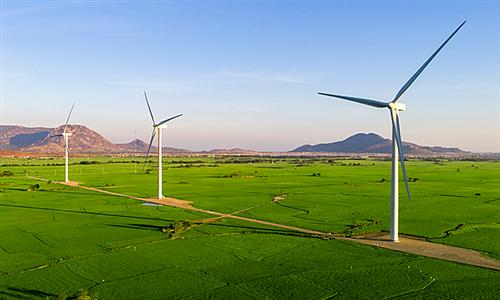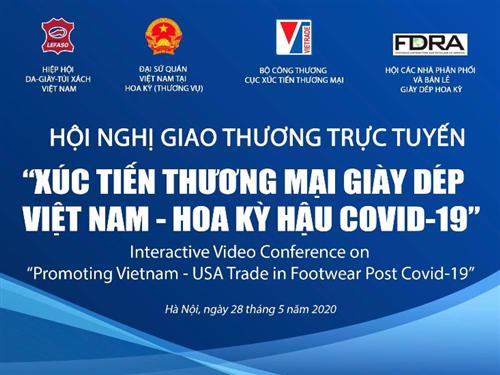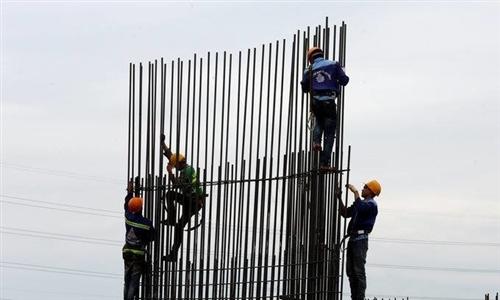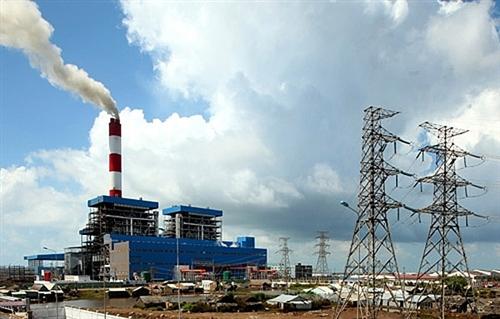Pharma groups to profit from virus?
Pharma groups to profit from virus?
The top 10 global pharmaceutical companies are being scrutinised and advised not to prevent or delay a vaccine for COVID-19 from reaching vulnerable people to gain profits, triggering global concerns over their social responsibility.
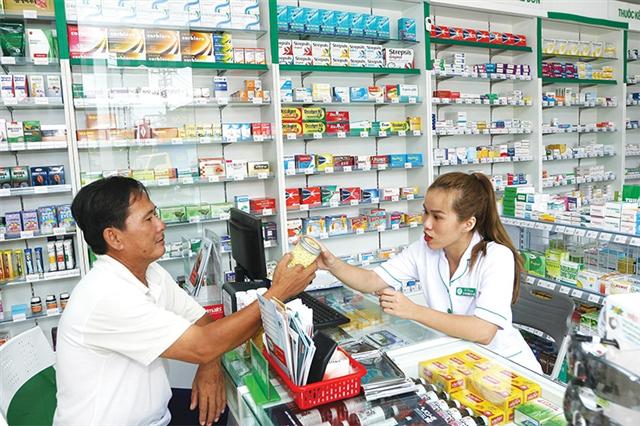
Pharma companies were among those that profited most during this year’s first quarter. Photo Le Toan
|
In early May, Dan Millard, chief representative of GlaxoSmithKline (GSK), announced an unprecedented collaboration with Sanofi to bring together two of the world’s largest vaccine makers with proven pandemic technologies and significant scale, all with the aim of developing an adjuvanted COVID-19 vaccine. If successful, they could be able to make hundreds of millions of doses annually by the end of next year.
Although Millard said, “across all our collaborations for coronavirus vaccines, GSK does not expect to profit from them during the pandemic”, experts estimate that it will bring about huge profits to GSK and Sanofi.
Both companies are among the top 10 pharmaceutical companies, including Pfizer, Roche, Johnson & Johnson, Merck & Co, Sanofi, Novartis, AbbVie, GSK, Gilead Sciences, and Amgen, that last year made $89 billion in total profits. Meanwhile, the cost of procuring and delivering a safe and effective vaccine to the world’s poorest 3.7 billion people could amount to $25 billion, said an Oxfam annoucement last week.
These figures show how profitable the vaccine industry could be to these pharmaceutical giants. Given the huge profit margin, they could charge high prices, also due to patent rules which give pharmaceutical companies monopoly-like power.
Pfizer and GSK are examples for the power that these groups have. For over a decade, millions of children have not had access to patented pneumonia vaccines manufactured by Pfizer and GSK due to its high cost, with 2,000 children dying from pneumonia every day. Both reduced their prices in 2016 after years of campaigning by Doctors Without Borders, but only for the very poorest countries, leaving millions of children still without access to vaccines.
In another case, drug manufacturer Gilead Sciences is said to charge more than $4,000 per patient for the drug, even though the cost of Remdesivir, a type of anti-virus medicine, can be as low as $9.
Basing on the growth momentum of 2019, pharma giants continued to reap fruitful results in the first quarter of 2020 despite the pandemic. Roche’s first-quarter group sales increased 2 per cent in Swiss francs and 7 per cent at constant exchange rates, more than compensating for the impact of competition from biosimilars.
Meanwhile, the US’ Johnson & Johnson’s worldwide sales were $20.7 billion, an increase of 3.3 per cent on-year. Operational sales growth increased by 4.8 per cent.
GSK also delivered strong first-quarter results. The group’s sales reached £9.1 billion ($11.26 billion), a 19 per cent increase in annual equivalent rate (AER), and its pharmaceuticals sales reached £4.4 billion ($5.45 billion), which was a 6 per cent increase in AER.
Like in other countries, Pfizer, J&J, Roche, Sanofi, Novartis, GSK, and other pharma giants are performing well in Vietnam where demands for vaccines and patented drugs are growing rapidly.
Given this situation, Oxfam warned that rich countries and huge pharmaceutical companies could prevent or delay the vaccine from reaching vulnerable people. As shown in Oxfam findings, the European Union has proposed the voluntary pooling of patents for coronavirus vaccines, treatments, and tests in their draft resolution for the World Health Assembly to increase low-cost vaccine access to all all countries.
“However, leaked documents reveal that there is an attempt to delete references to pooled patents and insert strong language on respecting the patents of the pharmaceutical industry. This would give pharma companies exclusive rights to produce and set prices – even if taxpayer money has been used to fund their research and development,” the Oxfam report stated.
Since no pharmaceutical corporation wants to give up its vast profits, concerns over their social responsibility are being raised, urging all governments to ensure that no one is left behind.








